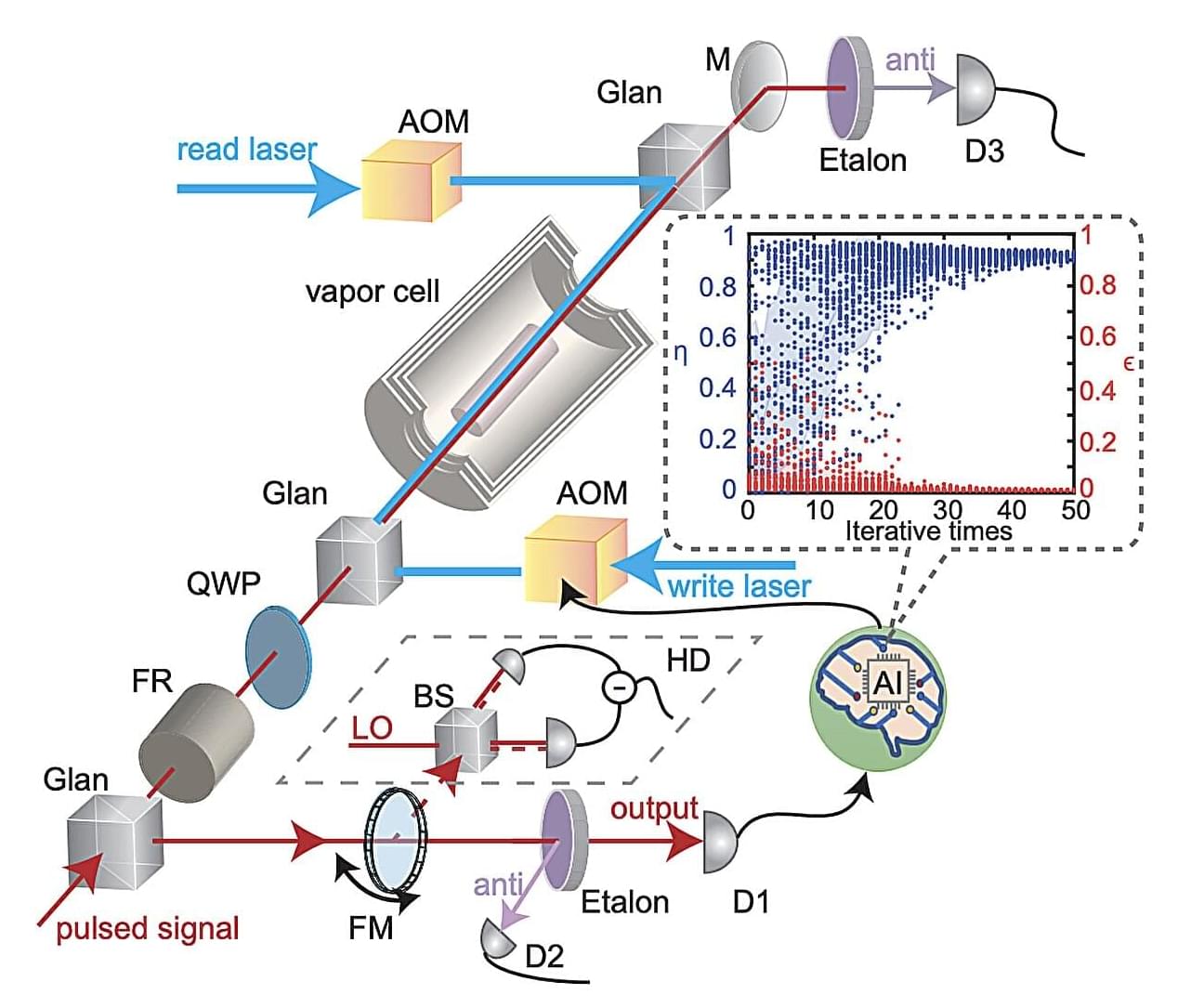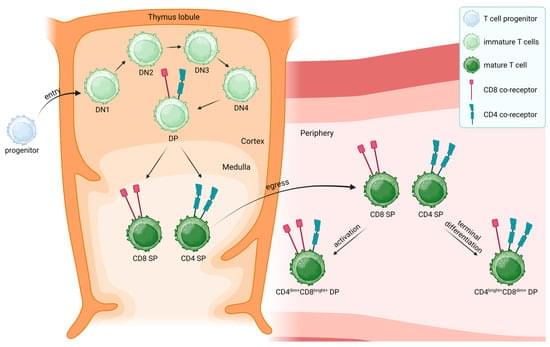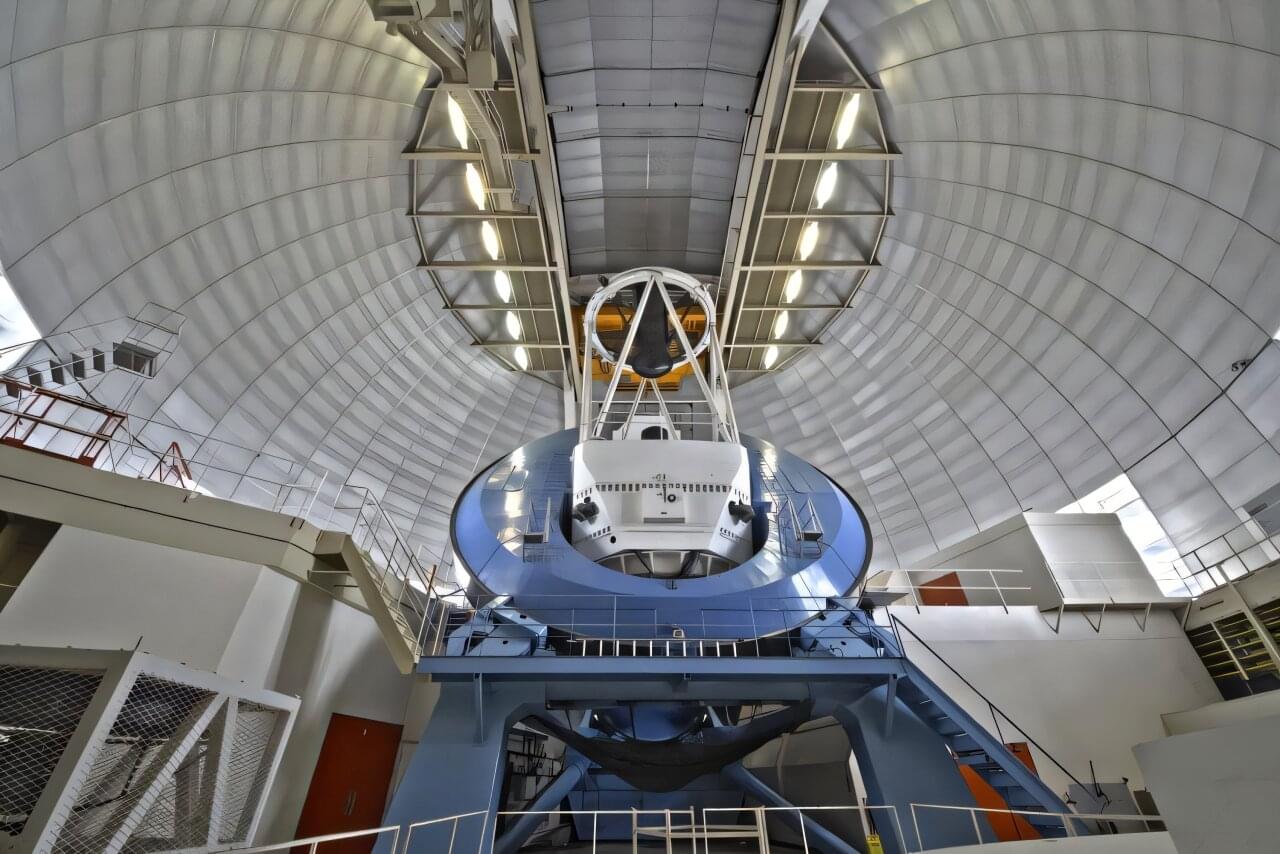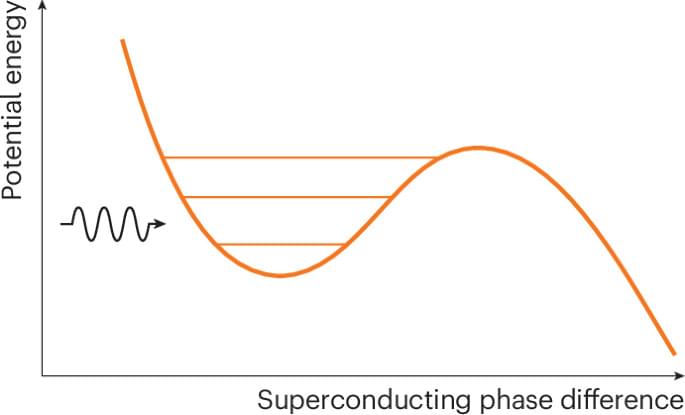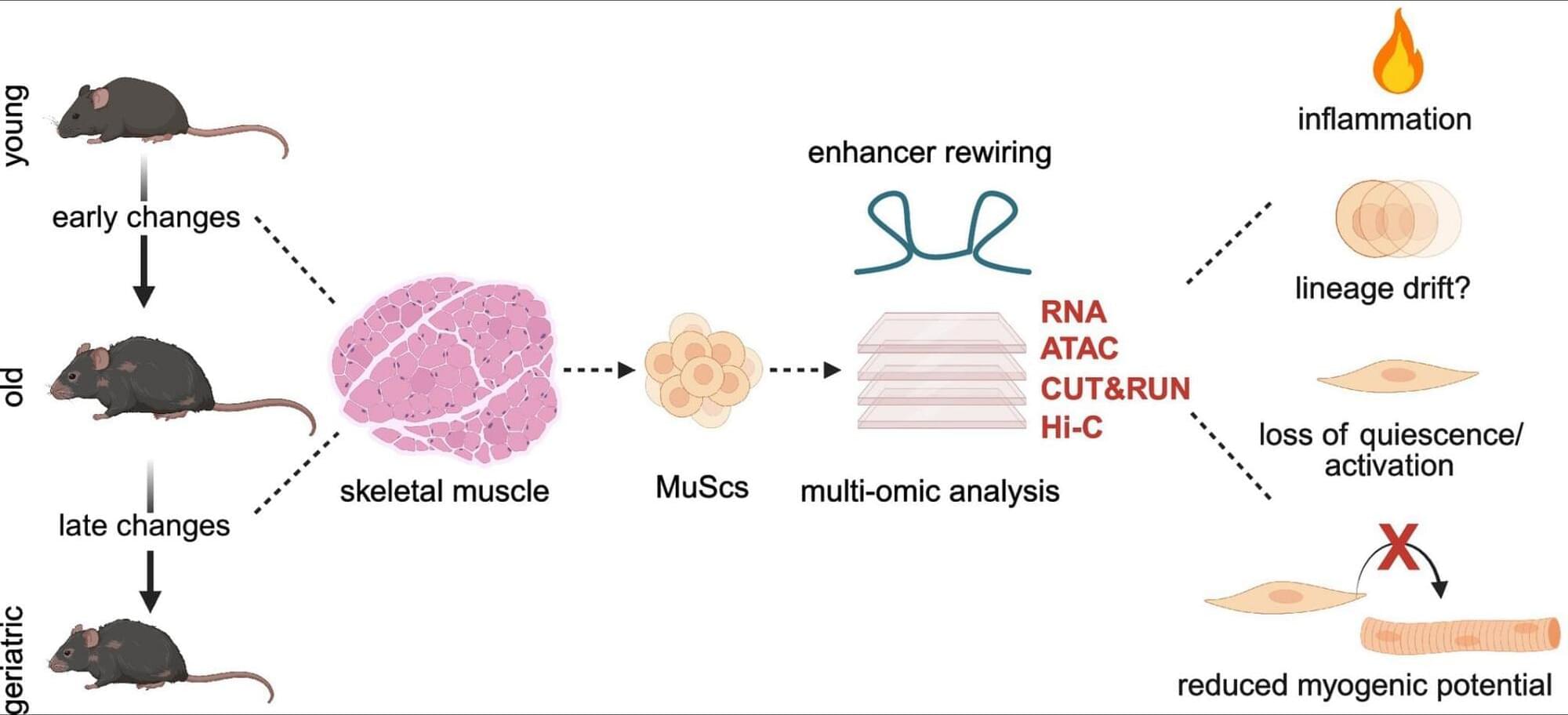The results showed that participants who more strongly endorsed pseudoscientific beliefs tended to report a higher frequency of meaningful coincidences in their lives. They were also more likely to attribute these coincidences to non-random causes, such as destiny or a universal connection, rather than to chance. Among the explanations offered for coincidences, “pure chance” was the most commonly endorsed, but those who selected this option tended to score lower on the pseudoscience measure.
Participants also displayed a general bias toward avoiding repetition when simulating randomness, selecting fewer repeated outcomes than chance would predict. This repetition avoidance was particularly evident in the coin toss task. Importantly, those who more strongly endorsed pseudoscientific beliefs were also more likely to show this bias, especially in the coin task. This suggested a link between belief in pseudoscience and a distorted sense of what a random sequence should look like.
When the researchers looked at all the variables together, they found that two factors independently predicted higher endorsement of pseudoscientific beliefs. The first was how often participants explained coincidences with non-chance causes. The second was how strongly they avoided repetition in the coin task. These two cognitive tendencies—seeking causal explanations for coincidences and misunderstanding randomness—each appeared to contribute separately to belief in pseudoscience.

